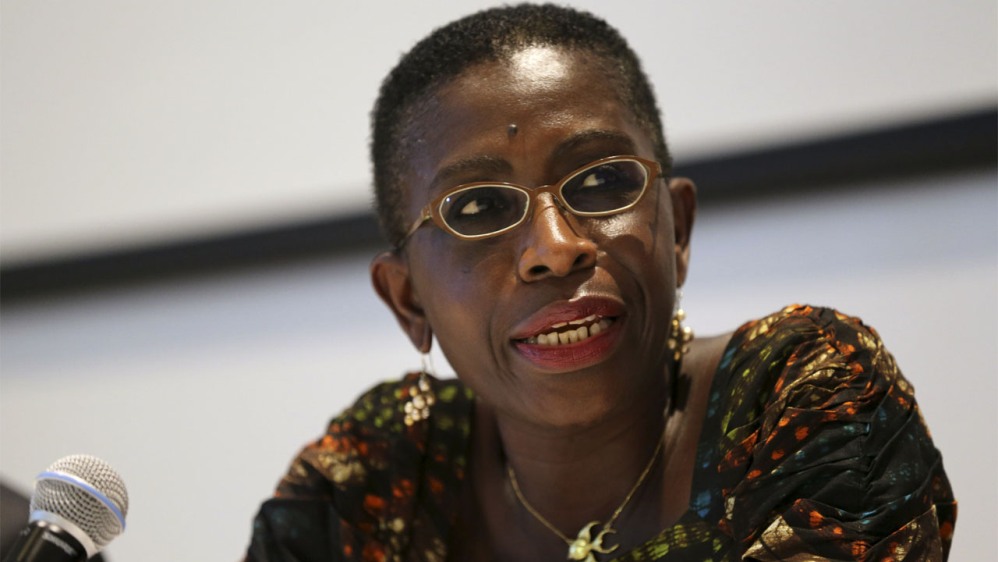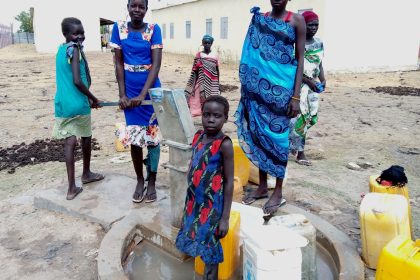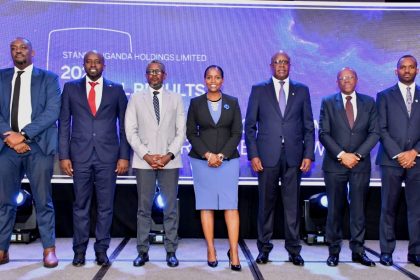IMF cautions borrowers on accountability for Covid-19 emergency funds
 Sayeh said the Fund’s enhanced framework on governance and corruption which was approved in 2018, builds on lessons learnt over 20 years.
Sayeh said the Fund’s enhanced framework on governance and corruption which was approved in 2018, builds on lessons learnt over 20 years.
African governments that have borrowed from the International Monetary Fund (IMF) to limit the adverse effects of the Covid-19 pandemic on national economies face close scrutiny on how the money is being spent.
Antoinette M. Sayeh, the IMF Deputy Managing Director told participants at a High-Level Conference on the Promotion of Good Governance and Fight Against Corruption in Gaborone, Botswana, “Countries receiving IMF emergency financing must commit to transparency and accountability safeguards. This included publishing Covid-19 related procurement contracts—including beneficial ownership of companies, conducting and publishing audits, and detailed reporting on Covid spending.”
The conference which took place last week, was organised by the IMF’s Africa Training Institute (ATI) and the Department of the Economic Development, Trade, Tourism, Industry, and Minerals (ETTIM) of the African Union Commission (AUC).
In 2021, Uganda signed up for a $1 billion Extended Credit Facility (ECF) loan which covers three years. According to an IMF statement, the loan is concessional financing to counteract the effects of the pandemic by supporting Uganda’s efforts to fight the disease and generate more inclusive growth through private sector development.
During the same interlude the IMF Board approved about $2.34 billion under ECF and EFF (Extended Fund Facility) arrangements for Kenya while Tanzania received nearly $600 million. The IMF is the go-to institution when countries find themselves in balance of payments difficulties.
Sayeh said the issue of good governance and transparency is more than just about wasted money. “It is about the erosion of a social contract and the corrosion of the government’s ability to grow the economy in a way that benefits all citizens. In our policy dialogue with member countries, we look at the strength of their anticorruption framework—especially whether it is aligned with the specific issues confronting a country—and work with them on policy options to strengthen governance and anticorruption frameworks,” she said.
The Fund’s enhanced framework on governance and corruption which was approved in 2018, builds on lessons learnt over 20 years. Focus is on reducing vulnerabilities to corruption by strengthening governance in six core state functions: central bank governance, financial sector governance, fiscal governance, market regulation, rule of law, and anti-money laundering.
Sayeh said “For countries receiving emergency assistance that have, or have sought, multi-year IMF financing arrangements, we continue to closely engage with them on longer-term structural governance and corruption matters. We also engage with non-state actors, which can often provide valuable insights into governance issues.”
She said it is widely accepted that the big economic opportunity before Africa is its demographic dividend. “To earn that dividend, however, we need to meet the aspirations of the new generation. A critical element to doing that is ensuring that public resources are used effectively and contribute to shared and lasting prosperity of the people,” she said.
Sayeh said the most successful countries have a high level of political commitment to good governance and transparency. “You can see that in a number of ways. How their budgets are formulated and presented – they have open access about proposed policy actions. The independence of their central banks from political pressures. Their commitment to declaring the assets of key public officials. Their resolve to publishing timely audits and following up on findings to hold organizations and individuals accountable,” she said.
She said another important element is the respect for the rule of law and property rights. She said, “When foreign investors invest in a country, they do so, knowing that the government will respect the contracts, and property rights will be enforced.”

 African Heads of state head to South Korea next week for Summit talks
African Heads of state head to South Korea next week for Summit talks
 Trading leads as main source of income for Ugandans
Trading leads as main source of income for Ugandans
 New leadership for bankers’ umbrella as total assets top $12 billion
New leadership for bankers’ umbrella as total assets top $12 billion
 Uganda-Tanzania announce date for second joint business forum
Uganda-Tanzania announce date for second joint business forum
 Unpacking results-based financing: balancing strengths with weaknesses
Unpacking results-based financing: balancing strengths with weaknesses
 Big fish in small pond Stanbic notches up $100m profit for 2023 topping previous figure by 15%
Big fish in small pond Stanbic notches up $100m profit for 2023 topping previous figure by 15%
